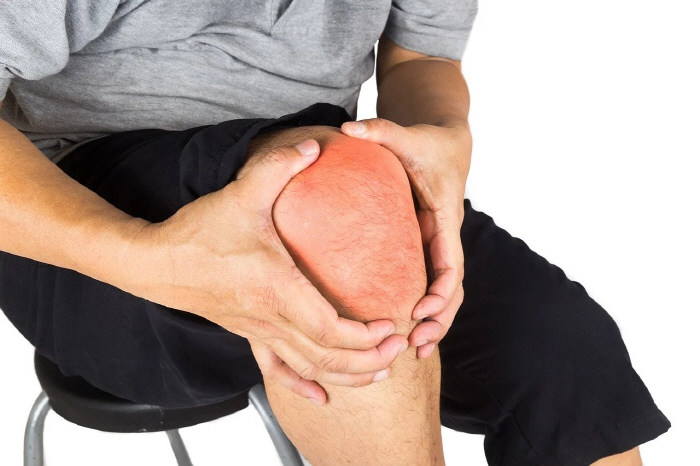Degenerative arthritis increasing in younger people too, when is knee surgery?
Feb 23, 2025
|
In addition, degenerative arthritis is on the rise even in younger age groups as weight gain, leisure sports, and bone density weakening due to excessive weight loss act as risk factors. Park Sang-hoon, a professor of orthopedic surgery at the National Health Insurance Ilsan Hospital, explained, `In the past, it occurred mainly in the elderly, but more and more people in their 40s and 50s are complaining of arthritis symptoms due to excessive weight changes and increased sports activities that put a repetitive burden on the knee.'
◇ Artificial joint replacement, final choice... Pain control comes first
Deteriorative arthritis is classified into stages 1 to 4 according to radiologic findings such as X-rays, but the degree of pain does not necessarily match the progression of the stage. In addition, symptoms worsen and then improve repeatedly, showing a characteristic that gradually worsens.
In addition, it is difficult for patients to easily distinguish the first stage only by symptoms because most degenerative arthritis does not last, hurts for one to two months, and then gradually worsens by repeating the pattern of improving for one to two months. In particular, if it is difficult to climb up and down the stairs or if the pain persists for more than a week in the movement of bending and stretching the knee, rapid treatment is required.
The most worrisome part of the treatment of degenerative arthritis is the timing of surgery. Professor Park Sang-hoon "It is desirable to consider artificial joint replacement when the pain persists to the extent that daily life is difficult after using one's knee as much as possible." he advised.
In mild pain, non-surgical treatments such as medication, injection, and exercise therapy are performed, and surgery may be necessary if the pain is severe enough to make it difficult to take a light walk, if the range of joint movement is limited and daily life is impossible, and if cartilage damage is severe on radiation examination.
Recently, the main age group receiving artificial joint replacement surgery is in their 70s and 80s, and in their 50s and 60s, it is recommended to control symptoms through non-surgical treatment.
◇Symptoms can be alleviated by various injection treatments
Cartilage injections (hyaluronic acid) and DNA injections (polynucleotides) covered by health insurance are typical for the treatment of degenerative arthritis. The treatment is effective in relieving pain by reducing inflammation in the joint and improving lubrication. Health insurance is applied every six months, and various products such as one, three, and five injections are available.
In addition, recently, a treatment that injects autologous bone marrow extract has been registered as a new medical technology and is widely implemented. This treatment can be thought of as helping cartilage treatment by growth factors in autologous bone marrow, but cartilage is not regenerated only by actual injection treatment. At the laboratory level, chondrocytes are regenerated in animals, but it is difficult to expect the effect of cartilage regeneration with current injection treatment, and it is known that there is some effect of relieving pain.
◇ Steady exercise is the most important... 'Walking, Swimming, Bike Recommendation'
For patients with degenerative arthritis, it is important to control their weight and practice steady exercise within the range that does not strain their joints. Recommended exercises include walking on the flatland within an hour, indoor cycling for 30 minutes to an hour, swimming or aquarobics.
On the other hand, squats and lunge can put a strain on the knee, so it is better to avoid severe degenerative arthritis, and climbing is more likely to cause cartilage damage when going down, so it is better to avoid mountains as high as possible.
Performing sufficient stretching before exercising can increase joint flexibility and help reduce pain during exercise. In addition, it is appropriate to adjust the intensity of exercise according to the age group and proceed around 1 hour for the younger group and around 30 minutes for the elderly.
Professor Park Sang-hoon explained, "Degenerative arthritis is a disease that can reduce pain, maintain joint function, and improve quality of life through proper management and treatment. Being diagnosed early and choosing the appropriate treatment is the key to protecting knee health.
|
This article was translated by Naver AI translator.















